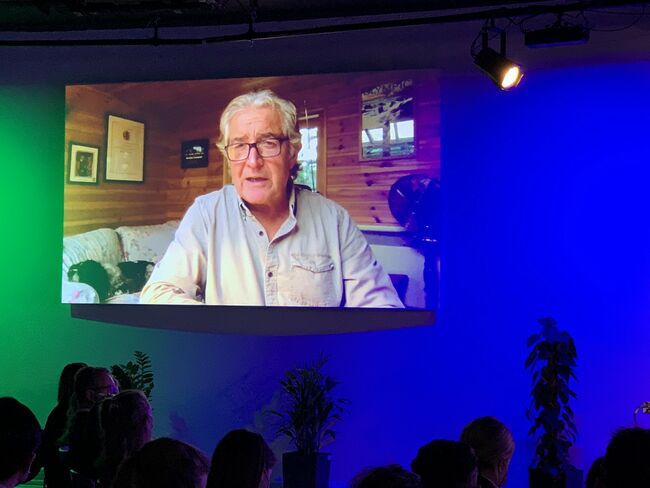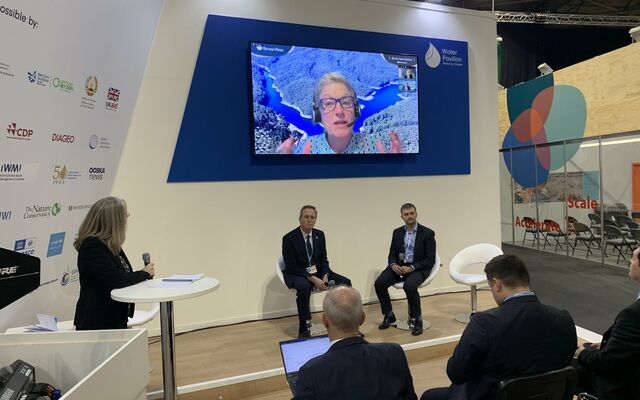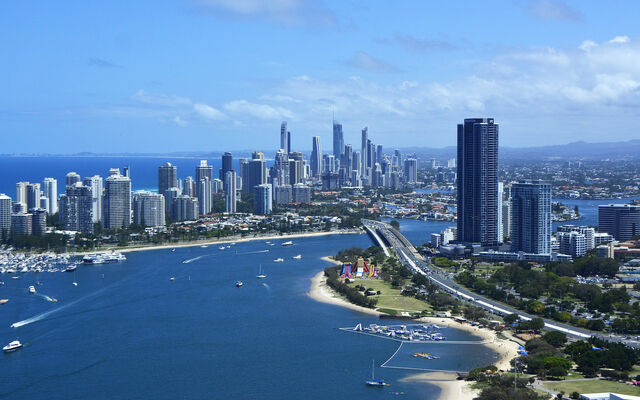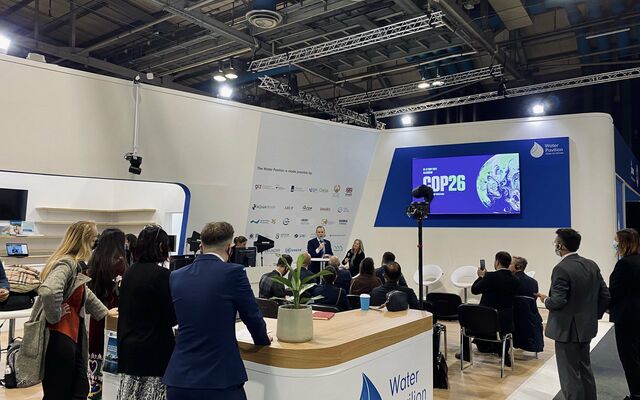News
Water and nature inextricably linked says Water UK at COP26 event
Yesterday, Water UK hosted members of the water sector and environmental non-governmental organisations at our event ‘Unlocking the nature/net zero balance’ in the green zone at COP26.
There was lively discussion and debate about the synergies between water and the environment in how to tackle the challenge of fighting climate change and conserving our natural world. Our chief executive officer, Christine McGourty, chaired the event, and was joined by leading voices from the natural and environmental space.
Christine welcomed attendees explained the mutually dependent relationship between water and nature and spoke about the world-leading commitment the UK water industry has put forward in its Routemap 2030. The Routemap is the world's first detailed sector-wide plan to achieve net zero in operational emissions by 2030. Christine also highlighted the important role that nature-based solutions have in addressing the climate crisis moving the sector aware from concrete and steel towards solutions that have wider benefits to nature and society.
Joining Christine and Samuel Larsen, director of programmes and planning at Water UK were Tony Juniper, Chair of Natural England, Becky Speight, Chief Executive of the RSPB, Douglas Millican, Chief Executive of Scottish Water, and Darren Moorcroft, Chief Executive of the Woodland Trust, James Robinson, Director of Conservation for the Wildfowl & Wetlands Trust and Ronan Palmer, Associate Director for clean economy at thinktank, E3G.

Tony Juniper furthered Christine’s reference to the importance of addressing the climate and biodiversity emergencies as one crisis, given that they are mutually interdependent. He noted that water sat at the crux of these dual priorities and that, while climate change presents a major challenge to the sector, the industry has emerged as a leader with their target of achieving net zero by 2030. Building resilience, he said, was key in the sector’s response to climate change, and that both technological and nature-based solutions should be integrated into that response.
Douglas Millican stressed that nature-based solutions would, in addition to aiding efforts towards net zero targets, improve the environment for people living in the surrounding area. He noted that the challenge is going to be upscaling the delivery of these solutions and providing exemplars that could be used to earn the trust and support of local communities.
Darren Moorcroft conceded that whilst the UK was one of the most nature-depleted countries globally, this provides a large opportunity to improve. He also emphasised the importance of implementing solutions with longevity and, like Douglas, engaging communities.
Ronan Palmer agreed that people must be at the centre of the process to Net Zero and that it will be vital to deal with the pollution of water.
James Robinson praised the fact that wetlands and their importance are moving higher up the climate agenda and explained their plethora of benefits. He said they will be part of the ‘blue recovery’ and referenced the Wildfowl & Wetlands Trust’s ambition to establish 100,000 new wetland habitats around the UK.
Becky Speight also noted the crucial role of water in preserving nature. She spoke about the partnership between RSPB and United Utilities at the Haweswater Reservoir which has utilised the landscape more effectively in terms of nature management, water quality and climate change mitigation. She also urged water companies to fix the pollution crisis and to think more holistically about their relationship with nature.
Christine then passed back to Tony Juniper to close the session who concluded by stating that the conversation reflected the transformation of the discussion around net zero and how the nature and wildlife emergency is now interlinked firmly with the climate crisis.
We’ll keep sharing news from COP26 so keep an eye on our website and social media for more.







